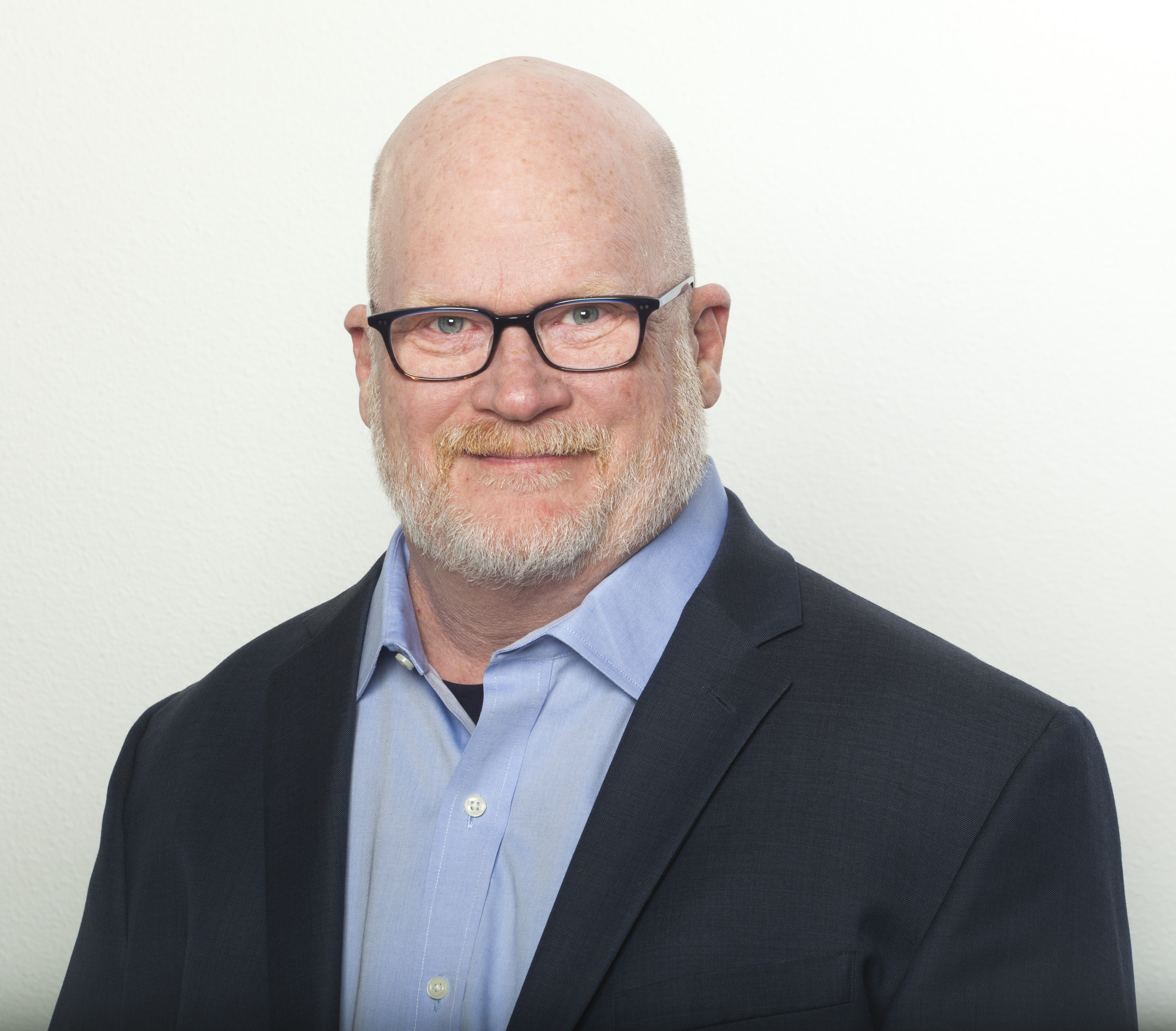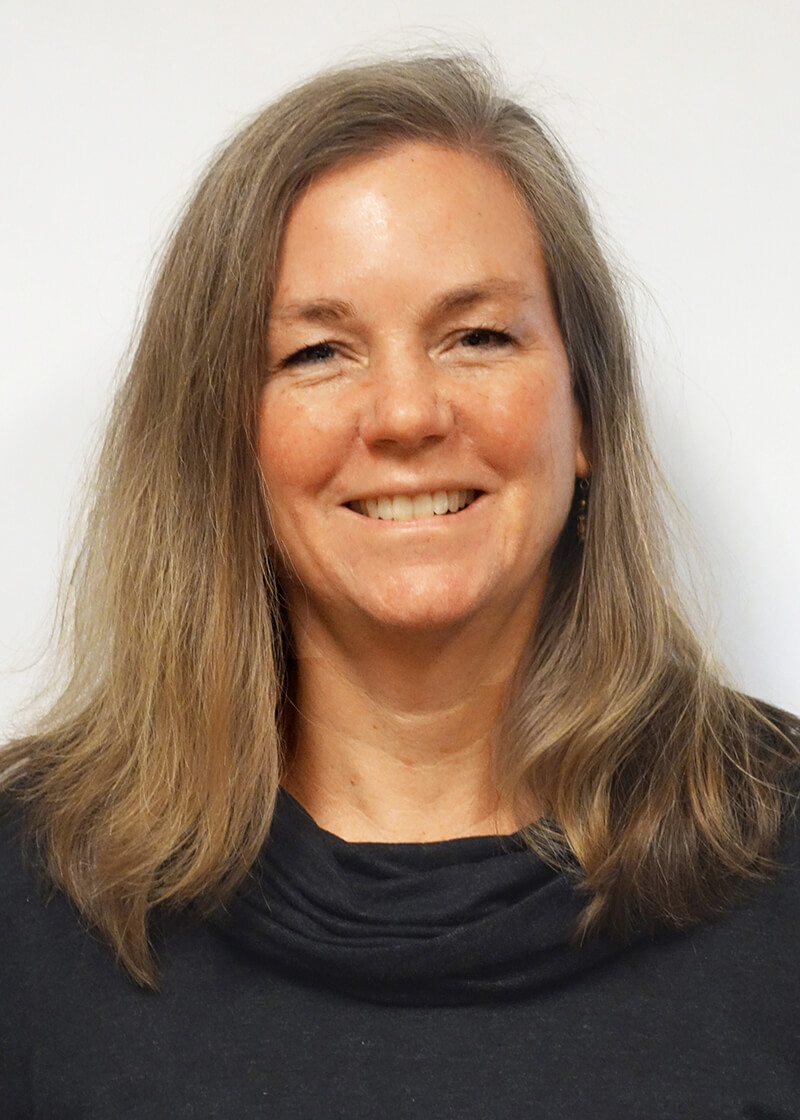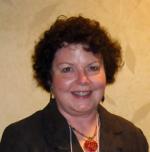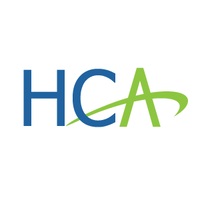Home > Supporting WA State Behavioral Health Providers to Optimize Telehealth in Response to COVID-19


Northwest MHTTC and the Behavioral Health Training, Workforce and Policy Innovation Center of the BHI partnered to present an 8-session telehealth learning series for behavioral health providers across the continuum of behavioral health care in Washington State in response to COVID-19.
The webinar series met twice weekly for four weeks and addressed a variety of topics related to telehealth, including operational and administrative issues (such as billing), equipment and technology requirements, and strategies to provide effective clinical care.
This learning series is part of a coordinated statewide response to provide technical assistance to behavioral health organizations in the context of the COVID-19 pandemic and beyond. These efforts are led by the University of Washington Behavioral Health Institute in partnership with WA State Health Care Authority (HCA); WA Division of Behavioral Health and Recovery (DBHR), the University of Washington Department of Psychiatry and Behavioral Sciences, the nine Accountable Communities of Health, the five Medicaid Managed Care Organizations, and the Northwest MHTTC and others. These training sessions and other telehealth resources will be posted to a new Behavioral Health Telehealth Resource Website.
The series specifically helps the continuity of operations in WA to support access to care, equipment, technical assistance, billing and staff training for behavioral health providers in Washington State.
Wednesday, April 22, 2-3pm PT -- Training #1: Telehealth Nuts & Bolts Kick-Off
Learning objectives:
Washington Health Care Authority:
Office for Civil Rights (OCR) at the Department of Health and Human Services (HHS):
Friday, April 24, 11am-12pm PT -- Training #2: Telehealth: Myths and Facts You Need to Know
Washington Health Care Authority:
Learning objectives:
Wednesday, April 29, 2 - 3pm -- Training #3: Telehealth Billing & Reimbursement
Presenters:
Washington Health Care Authority
Resources on Medicare
Resources on Private Payers and ERISA
Friday, May 1, 11am-12pm PT -- Training #4: Introduction to Digital Health: Getting Started and Safety Planning
Presenter:
Learning objectives:
Wednesday, May 6, 2 - 3pm PT -- Training #5: Creating a Clinical Workflow for Telehealth
Presenter:
Learning Objectives
Friday, May 8, 11am-12pm PT -- Training #6: Telehealth and Substance Use Disorders
Presenter:
Learning Objectives
Wednesday, May 13, 2 - 3pm PT -- Training #7: CFR Part 2 and HIPAA
Presenters:
Learning Objectives
Resources:
Friday, May 15, 11am-12pm PT -- Training #8: Telemedicine with Children & Adolescents
Presenter:
Learning Objectives:
Resources:
 Dr. Felker is dually trained in psychiatry and internal medicine. His career has focused on integrated care, curriculum design, and Health Services Research. It was through this work he developed an interest in Digital Health. He developed, implemented, and led the Telemental Health Service at VA Puget Sound. He is a Professor with the University of Washington Department of Psychiatry and Behavioral Sciences. He also serves as a Captain in the US Navy Reserve.
Dr. Felker is dually trained in psychiatry and internal medicine. His career has focused on integrated care, curriculum design, and Health Services Research. It was through this work he developed an interest in Digital Health. He developed, implemented, and led the Telemental Health Service at VA Puget Sound. He is a Professor with the University of Washington Department of Psychiatry and Behavioral Sciences. He also serves as a Captain in the US Navy Reserve.
 Dr. Avery is a psychiatrist and is a Principal Consultant for Health Management Associates. He has spent much of this clinical and academic career working in the development of person-centered, integrated primary and mental health care for high needs and safety-net patients. He has served as clinical lead for a number of very large integrated care projects, both large and small, in California, Oregon, and Washington State, including development of the Psychiatric Consultation and Telepsychiatry program at the University of Washington School of Medicine Department of Psychiatry and Behavioral Sciences.
Dr. Avery is a psychiatrist and is a Principal Consultant for Health Management Associates. He has spent much of this clinical and academic career working in the development of person-centered, integrated primary and mental health care for high needs and safety-net patients. He has served as clinical lead for a number of very large integrated care projects, both large and small, in California, Oregon, and Washington State, including development of the Psychiatric Consultation and Telepsychiatry program at the University of Washington School of Medicine Department of Psychiatry and Behavioral Sciences.
 Ms. Towle is the Associate Director for Telepsychiatry at the University of Washington. A nurse by training, she has over 20 years of experience in developing and managing international, regional and rural telehealth programs at UCSF, Stanford, and the UW, with a recent focus on using telehealth technology and innovative care models and training to improve access and quality for mental health care services. She is a founding board member for the Northwest Regional Telehealth Resource Center, and a board member of the Washington State Telehealth Collaborative, continuing to work closely with colleagues to further advance the adoption of telehealth through outreach, education, and legislation.
Ms. Towle is the Associate Director for Telepsychiatry at the University of Washington. A nurse by training, she has over 20 years of experience in developing and managing international, regional and rural telehealth programs at UCSF, Stanford, and the UW, with a recent focus on using telehealth technology and innovative care models and training to improve access and quality for mental health care services. She is a founding board member for the Northwest Regional Telehealth Resource Center, and a board member of the Washington State Telehealth Collaborative, continuing to work closely with colleagues to further advance the adoption of telehealth through outreach, education, and legislation.
Rande Gray is a Senior Computer Specialist with UW Telehealth Services. An expert in video  teleconferencing, he has been a key figure in deploying telehealth technologies and training providers and staff across UW Medicine and at community-based health care facilities across the WWAMI region for over 20 years, and has developed an expertise in Zoom technologies.
teleconferencing, he has been a key figure in deploying telehealth technologies and training providers and staff across UW Medicine and at community-based health care facilities across the WWAMI region for over 20 years, and has developed an expertise in Zoom technologies.
 Melody McKee is the Program Director for the Behavioral Health Training, Workforce and Policy Innovation Center through Harborview Medical Center’s Behavioral Health Institute. She has a Master’s Degree in Mental Health Counseling and has worked in the Behavioral Health Field for 16 years. She has spent the bulk of her time in the field developing and implementing innovative approaches to serving diverse populations with a focus on workforce retention, quality service delivery, curriculum enhancement and training.
Melody McKee is the Program Director for the Behavioral Health Training, Workforce and Policy Innovation Center through Harborview Medical Center’s Behavioral Health Institute. She has a Master’s Degree in Mental Health Counseling and has worked in the Behavioral Health Field for 16 years. She has spent the bulk of her time in the field developing and implementing innovative approaches to serving diverse populations with a focus on workforce retention, quality service delivery, curriculum enhancement and training.
 Catherine Britain is the Executive Director of the Telehealth Alliance of Oregon (TAO) a membership organization focusing on telehealth policy development and education for Oregon health care providers, policy makers and payers in Oregon. She is also an advisory board member for the Northwest Regional Telehealth Resource Center (NRTRC) and contributes to the NRTRC Telehealth 101 workshops, addressing billing and reimbursement for telemedicine.
Catherine Britain is the Executive Director of the Telehealth Alliance of Oregon (TAO) a membership organization focusing on telehealth policy development and education for Oregon health care providers, policy makers and payers in Oregon. She is also an advisory board member for the Northwest Regional Telehealth Resource Center (NRTRC) and contributes to the NRTRC Telehealth 101 workshops, addressing billing and reimbursement for telemedicine.
 Gail Kreiger is Section Manager of the Medicaid Compliance Review and Analytics Section of the Medicaid Program Operations and Integrity Division in the Medicaid program of the Washington Health Care Authority. This section is responsible for the oversight of the managed care organizations’ administration of the Medicaid benefit and the quality of care provided under that delivery model. A graduate from Alderson Broaddus College Nursing program. A state employee for 31 years having worked for Labor and Industries, Department of Corrections and Medicaid, under the Department of Social and Health Services and the Health Care Authority.
Gail Kreiger is Section Manager of the Medicaid Compliance Review and Analytics Section of the Medicaid Program Operations and Integrity Division in the Medicaid program of the Washington Health Care Authority. This section is responsible for the oversight of the managed care organizations’ administration of the Medicaid benefit and the quality of care provided under that delivery model. A graduate from Alderson Broaddus College Nursing program. A state employee for 31 years having worked for Labor and Industries, Department of Corrections and Medicaid, under the Department of Social and Health Services and the Health Care Authority.
 Jennifer Erickson, DO, is an Assistant Professor in the UW Department of Psychiatry and Behavioral Sciences. She works at the UW Medical Center, three outpatient clinics, and one telepsychiatry clinic that use the Collaborative Care model. She teaches telepsychiatry curriculum for both the fulltime Integrated Care Fellowship and the Community-Based Integrated Care Fellowship. She also leads the quarterly in-person sessions for the Community-Based Fellowship and is a member of the UW Medicine Psychiatry Consultation and Telepsychiatry Program. Dr. Erickson's interests include neuropsychiatry, medical ethics, population health, and medical education.
Jennifer Erickson, DO, is an Assistant Professor in the UW Department of Psychiatry and Behavioral Sciences. She works at the UW Medical Center, three outpatient clinics, and one telepsychiatry clinic that use the Collaborative Care model. She teaches telepsychiatry curriculum for both the fulltime Integrated Care Fellowship and the Community-Based Integrated Care Fellowship. She also leads the quarterly in-person sessions for the Community-Based Fellowship and is a member of the UW Medicine Psychiatry Consultation and Telepsychiatry Program. Dr. Erickson's interests include neuropsychiatry, medical ethics, population health, and medical education.
 Assistant Professor, UW Department of Psychiatry and Behavioral Sciences; Co-Medical Director UW PACC, Telepsychiatry Rotation, and Advanced Collaborative Care - Addictions Medical Education. Dr. Duncan currently works in an outpatient psychiatry clinic with general psychiatry patients, consults in addiction psychiatry, is a consultant for both the Behavioral Health Integration Program (BHIP) and Mental Health Integration Program (MHIP), works on the Harm Reduction with Pharmacotherapy (HARP) study in alcohol abuse and homelessness, and works with family medicine residents to improve their training in mental health work. He loves his work because it is interesting, there is opportunity to help people and improve lives, and there are opportunities for innovation and creativity. Five years from now, he hopes that collaborative care has stretched to better treat addictions and opiate use to fill the need and potential within that field.
Assistant Professor, UW Department of Psychiatry and Behavioral Sciences; Co-Medical Director UW PACC, Telepsychiatry Rotation, and Advanced Collaborative Care - Addictions Medical Education. Dr. Duncan currently works in an outpatient psychiatry clinic with general psychiatry patients, consults in addiction psychiatry, is a consultant for both the Behavioral Health Integration Program (BHIP) and Mental Health Integration Program (MHIP), works on the Harm Reduction with Pharmacotherapy (HARP) study in alcohol abuse and homelessness, and works with family medicine residents to improve their training in mental health work. He loves his work because it is interesting, there is opportunity to help people and improve lives, and there are opportunities for innovation and creativity. Five years from now, he hopes that collaborative care has stretched to better treat addictions and opiate use to fill the need and potential within that field.
Professor of Psychiatry at the University of Washington and Seattle Children’s Hospital. Trained as a general pediatrician and as an adult and child psychiatrist, he has worked as a primary care pediatrician and as a pediatric hospitalist before his current career as a child psychiatrist. Dr. Hilt is the Program Director for the Partnership Access Line (PAL), a child mental health consultation service for primary care providers in both Wyoming and Washington. He is also the Program Director for the Medicaid psychiatric Medication Second Opinion Programs of Wyoming, Washington and Alaska, and Multidisciplinary Team (MDT) Psychiatric Consult Service in Wyoming.